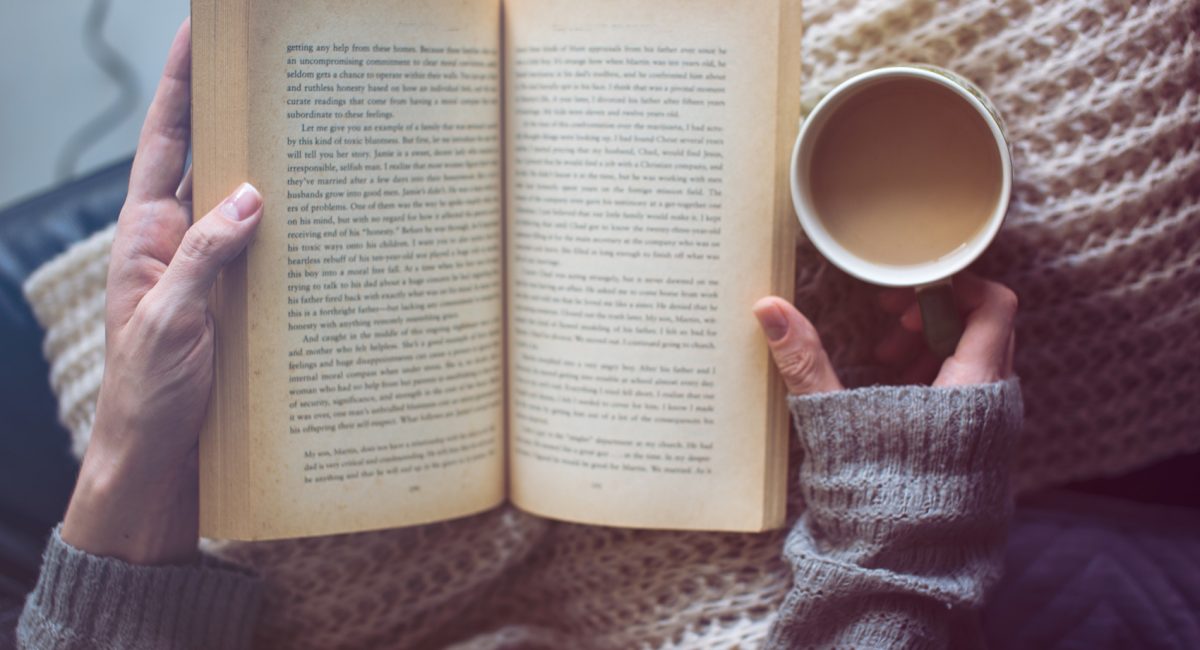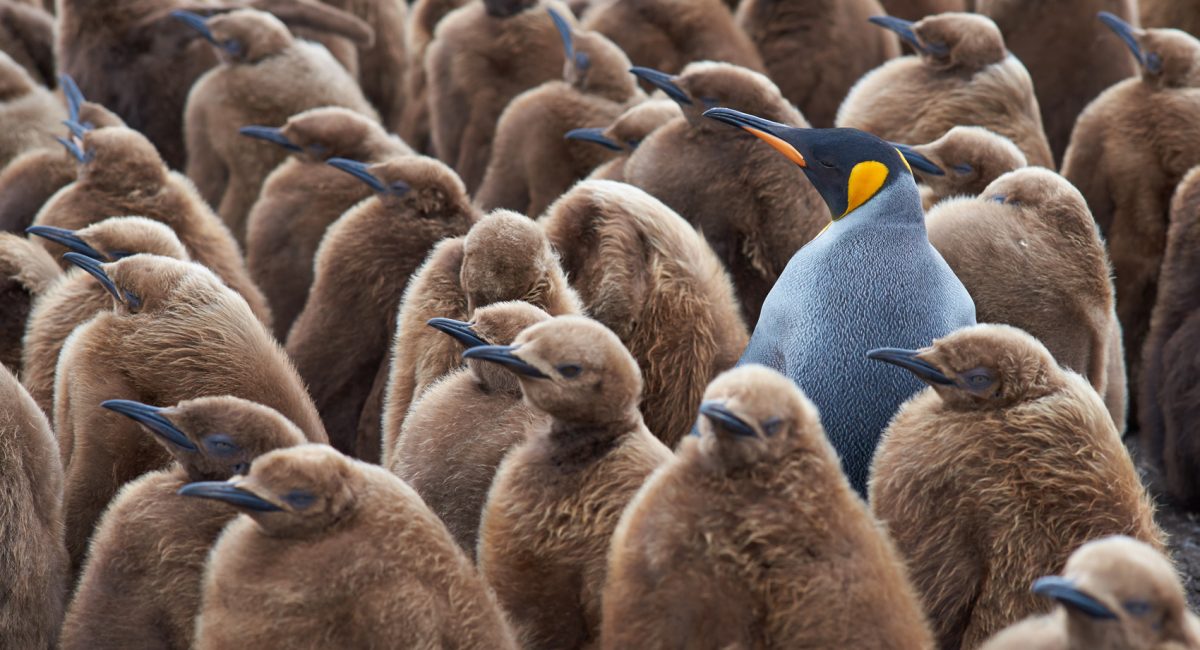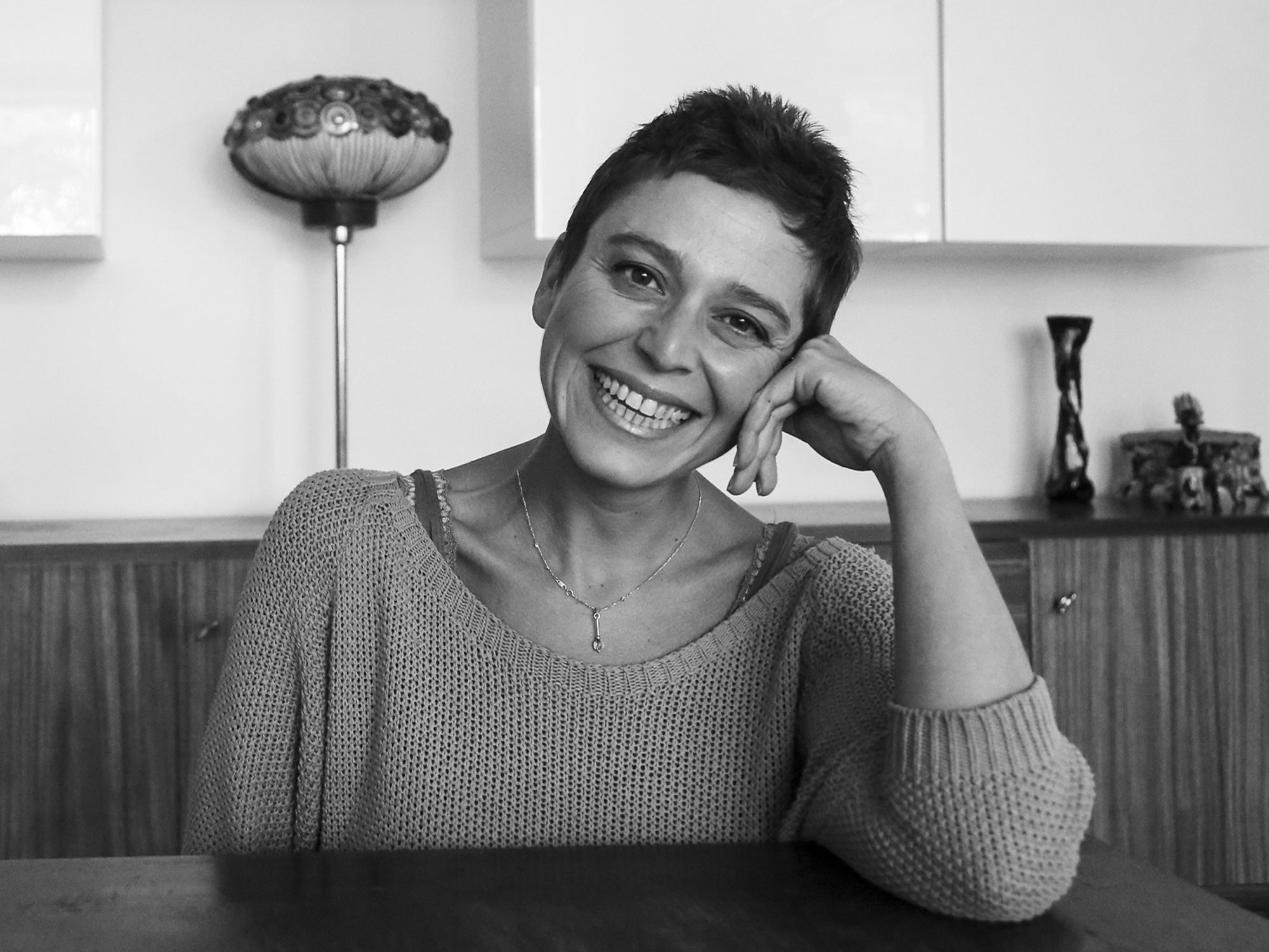There was a period - and perhaps everyone experiences this at one time or another - when I started feeling very lonely. Some experience this when moving house, changing jobs or following the death of a loved one, for me it came after my separation. I was in my new home - a part-time mum - and when my daughter wasn’t with me I felt alone in the world, despite having many friends.
No-one would call me, no one would invite me out to dinner on my own, after 18 years of having done that as a family. It made me very sad. I had a tough summer, the days starting out like black puddles, which I seemed to dive into with more passion than I would a clear blue sea.
I would cry, and every silence, every empty phone call I made only seemed to confirm to me that no one was thinking of me and that I really DESERVED the silence that surrounded me. Every time I headed home from an evening out with friends, I’d worry. As I peddled, inhaling the scents of summer, a lump would form in my throat, a fear - almost - that the world had forgotten about me and that if I were to crash for example, on my way home, who knows when my body would be found (I am all about the Greek tragedy).
At that time, I began to reflect on the concept of solitude and so now, during these months of quarantine, which I have spent largely alone, everything I learned back then has proved useful and today I want to share it, because I’m convinced it can be useful for you too, as you deal with social distancing.
If I compare the “solitude” of that time with the period I’ve spent alone in 2020 I realise, first and foremost, that back then I was choosing to feel alone and once I realised this, I began to make peace with that anxiety. It wasn’t true that people had forgotten about me or that I had no one I could really count on, I simply needed to get over the change and reconfigure my sentimental geography. I also looked for that pain that I was imposing on myself.
At times we close our hearts and fold our arms, we are culturally inclined not to accept such phases, while in reality they are physiological. We sometimes think we are unable to be alone, while in reality this is not the case: one way to learn this is by crashing into it.
Last summer I realised that I could LIVE alone and do many things that I never thought possible by myself. I went to the cinema, went cycling, spent Sundays at home with a good book and, step by step, I learned to really enjoy those moments and consider them a choice.
Now, I’m sure you’ll say: OK, but you could have gone out and were choosing to live alone, while now that’s not possible.
And this is my answer: although we are forced to stay at home right now and some people must do so alone, in reality we are not alone, just as I was not alone back then. Our friends are struggling too, adapting to the situation, just like us. Some have a large family and are making bread and pizza, but they probably pay the price in not having a corner in which to find 5 minutes of peace. We pay the price of silence. And yet, if we look back, if we look at our phone directory, we see that they are there, each in their own home, each with their own ghosts, but they have one thing in common with us: the desire to see each other, to start spending time together again, to look each other in the eyes once more.
Often we are not alone, but feel alone. At times like this, we need to be patient and think clearly, so as not to fall into the “trap” of worrying that the present will remain the same forever. It happens when we climb a mountain and are half way up, it happens when - due to trauma or change - we must learn to recognise ourselves again, learn to interpret the world all over again.
Over these last months, I’ve never felt alone and if the silence started to get too much, I would look out of the window and see everyone, each in their own home, in the same trap as me.
I spent the rest of my time calling people who I hadn’t spoken to for a while - due to the pace of daily life - or friends who are also home alone, sharing a glass of wine with them, albeit at a distance.
Because the distance is only physical and it is up to us to remember the closeness of our emotions, lives and hopes each day.
We are alone, but at times we might feel lonely: these two verbs, similar only in appearance, embody all the freedom that we can employ.
In order to have an authentic existence, to consider ourselves unique, we need to have faced and overcome the anguish of being alone. In the heart of solitude, we discover our wealth.
G. Macqueron, Psychologie de la Solitude.







